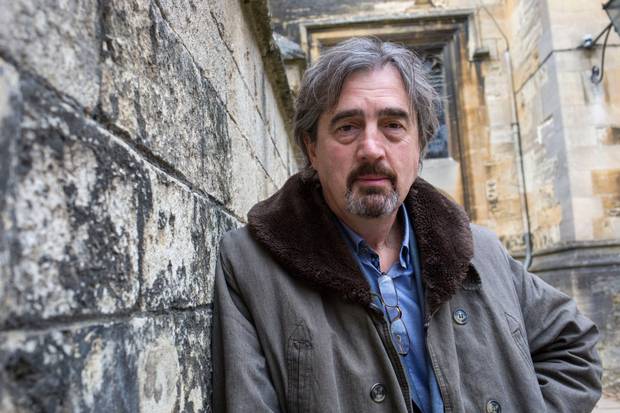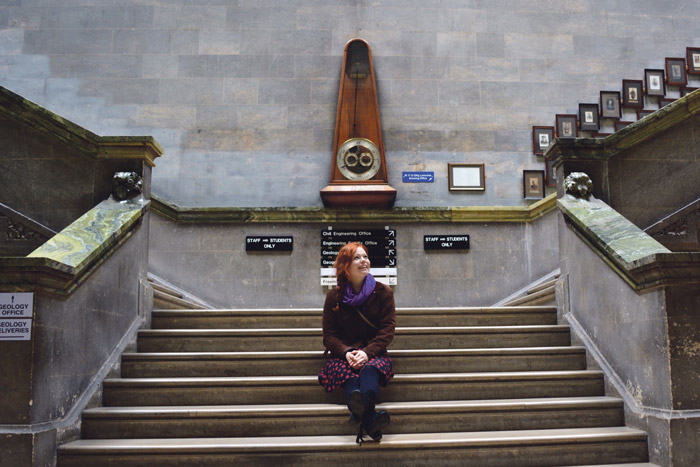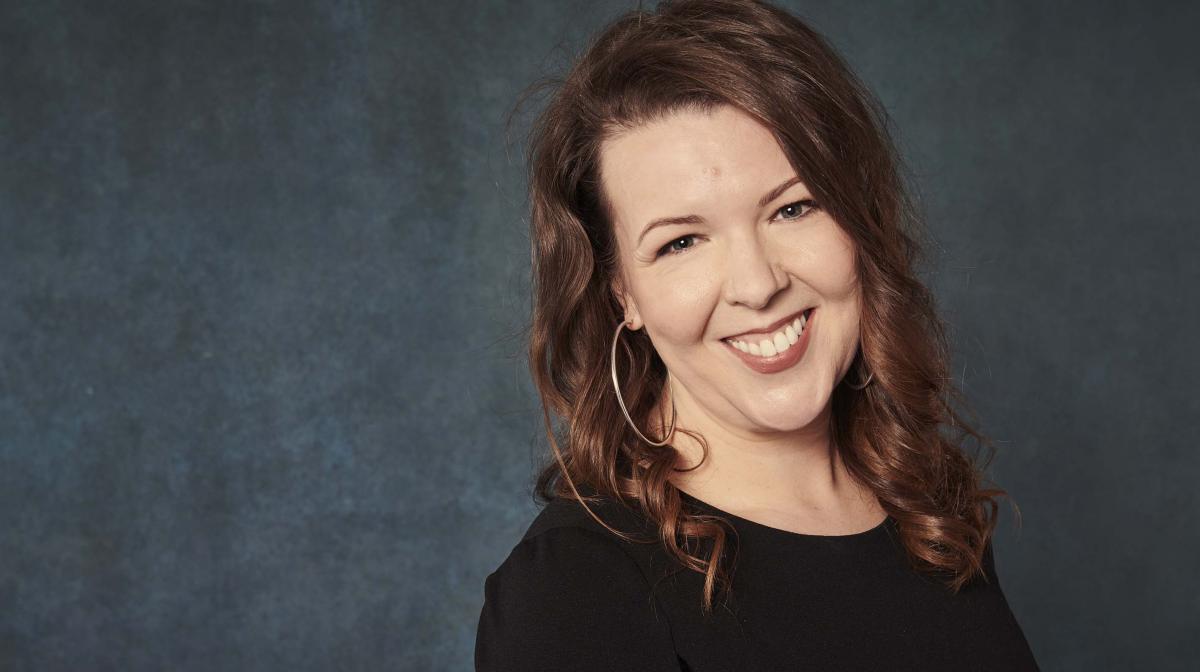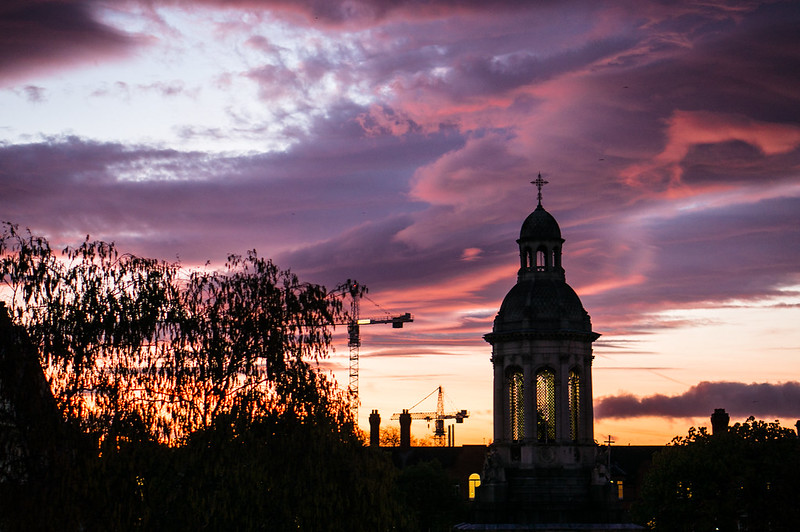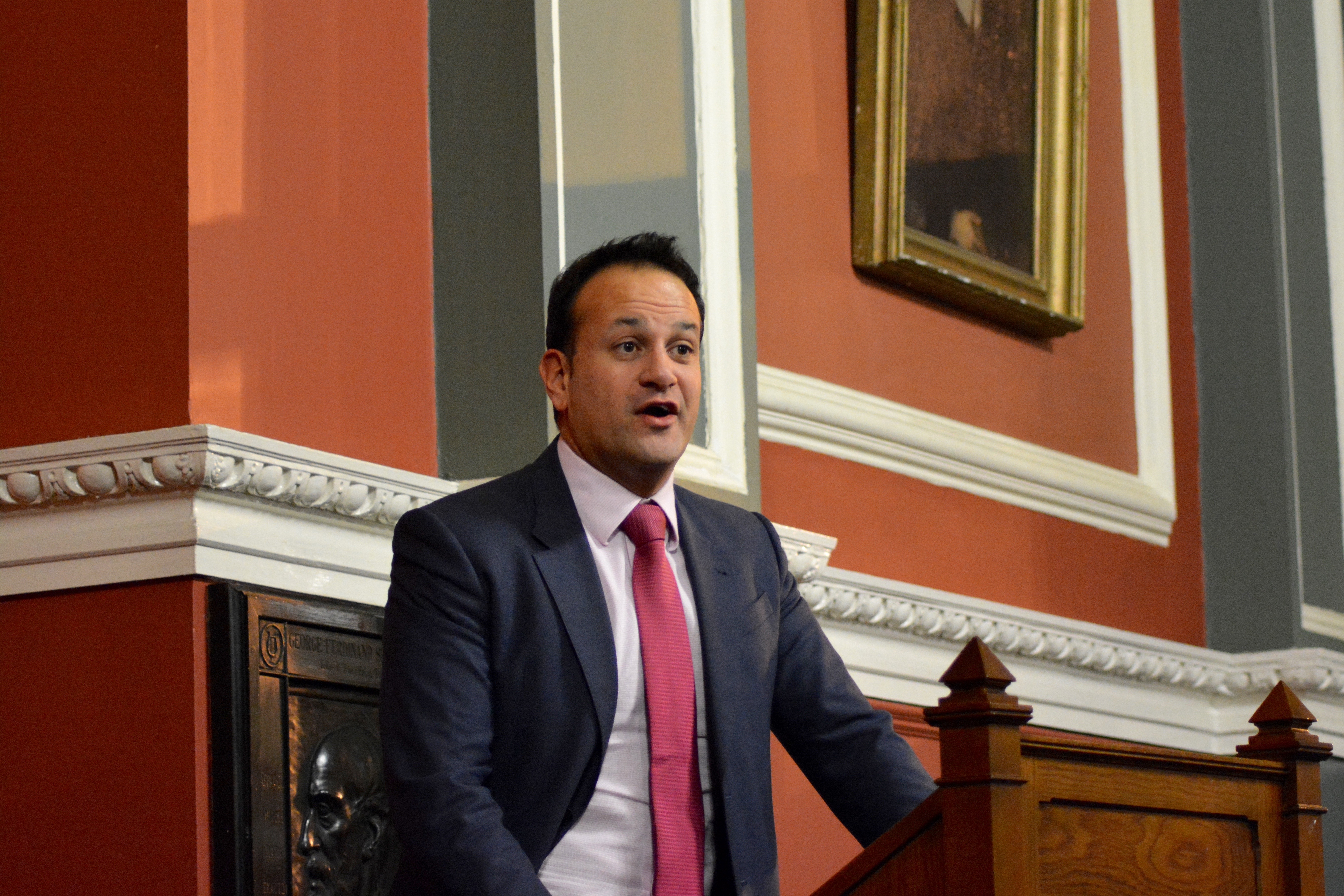Gisèle Scanlon was an accomplished writer, artist and “flâneuse” before being drawn to a master’s with the Oscar Wilde School of Creative Writing, winning the Spirit of Trinity award in 2018. She describes her time in Trinity as a series of coups de foudre – a French phrase that describes a sensation like love at first sight or being struck by lightning. When chatting with Scanlon about what advice she would give incoming Freshers and what she would write in a letter to her own first-year self, she advised that we all savour that magical feeling you get when you first enter the College.
Scanlon’s journey to Trinity began, she says, when she was just seven years old. Having written a short story, she journeyed with her parents from Kerry to Dublin to present the story to the Keeper of Keys in Trinity. The experience of walking in under Front Arch and exploring the campus was magical.
It was as an adult, reading an essay by the writer John Berger, that Scanlon was reminded of the time she fell in love with Trinity at just seven years old, and so she decided to return to Trinity to undertake a masters.
Now on her second masters, Scanlon emphatically told me of how she hopes that incoming students will recognise the coup de foudre that will make up their days in Trinity. Beyond even that moment of walking through Front Gate and clapping eyes on the college for the first time as a student, incoming freshers will find “there’s the coup de foudre with the academics who guide you and to the like-minded friends who tell you about the greatest things that they’re reading and discussing”. It is embracing both sides of Trinity culture that will make your life at Trinity rich., she says.
The history and heritage of Trinity is something that clearly makes Scanlon light up, and she hopes incoming freshers should be aware and appreciate that same heritage. A wonderful moment in Scanlon’s own first year was when late at night and alone in the Oscar Wilde Centre it really struck her that in the corner of that very room Oscar Wilde had been born.
Inevitably, we will all face stressful times. The best support, as Scanlon described is friendship and camaraderie. She says: “That’s one thing about Trinity, when you make friends here you do feel you have a second family for life”.
This philosophy worked for Scanlon herself, as she can still recall how something as simple as setting up a WhatsApp group made essays and deadlines that little bit easier. As Scanlon points out at essay time “all of us are feeling low to some extent”. Avoiding loneliness – something so common in college – is easier when, while working on an essay late at night, your WhatsApp group lights up. It’s a reminder that you are not in this alone.
That’s one thing about Trinity, when you make friends here you do feel you have a second family for life
To incoming freshers, Scanlon says: “I know you’ll probably have pals from school, but I’d encourage anyone to join societies and make some new friends in your class.” It is daunting in those early days to stray from the comfort zone of old friends, but she urges students to “take the leap”.
While the academic studies ahead of students will no doubt be challenging at times, the resounding piece of advice Scanlon offers to incoming students is to appreciate the calibre of teaching Trinity has to offer.
Having lived and worked in London, Paris and New York before returning to Ireland Scanlon wants freshers to know how lucky we all are. “Hang in there when life gets tough and essays seem hard”, she says. “The work was and is hard for me too, every day.”
Aside from academic studies, Scanlon is also actively involved in two of the major campaigns that took place on campus last year, the Together for Yes campaign and Take Back Trinity. Inspired by Trinity’s “long history with student civil engagement” and the realisation that women have not always been free to study, debate and work in Trinity, Scanlon urges students to just “get in the room”, go where the conversation is and get a seat at the table. Scanlon describes two of her most important moments in Trinity as participating in the Take Back Trinity campaign and fighting with Trinity for a yes vote in Ireland’s recent referendum.
Hang in there when life gets tough and essays seem hard. The work was and is hard for me too, every day
Aside from those two campaigns, Scanlon has also witnessed a lot of change on campus, since that first coup de foudre: “I shared with my two best friends from Trinity the falling of the two iconic Canadian maples, which I sat under when I came as a child at the age of seven. And when the coldest winter came, I remember we made a snowman on the cricket pitch, and when the hottest summer came we sat on the same spot and watched the sky turn pink in front of the Pav.”
Scanlon’s final words to incoming students are hopeful and heartfelt: “I hope that you find the deep friendship that I have experienced here, and ‘freedom’, as Berger said, ‘is always the freedom of one who thinks differently’. I hope most of all that Trinity gives each and every one of you that.”


